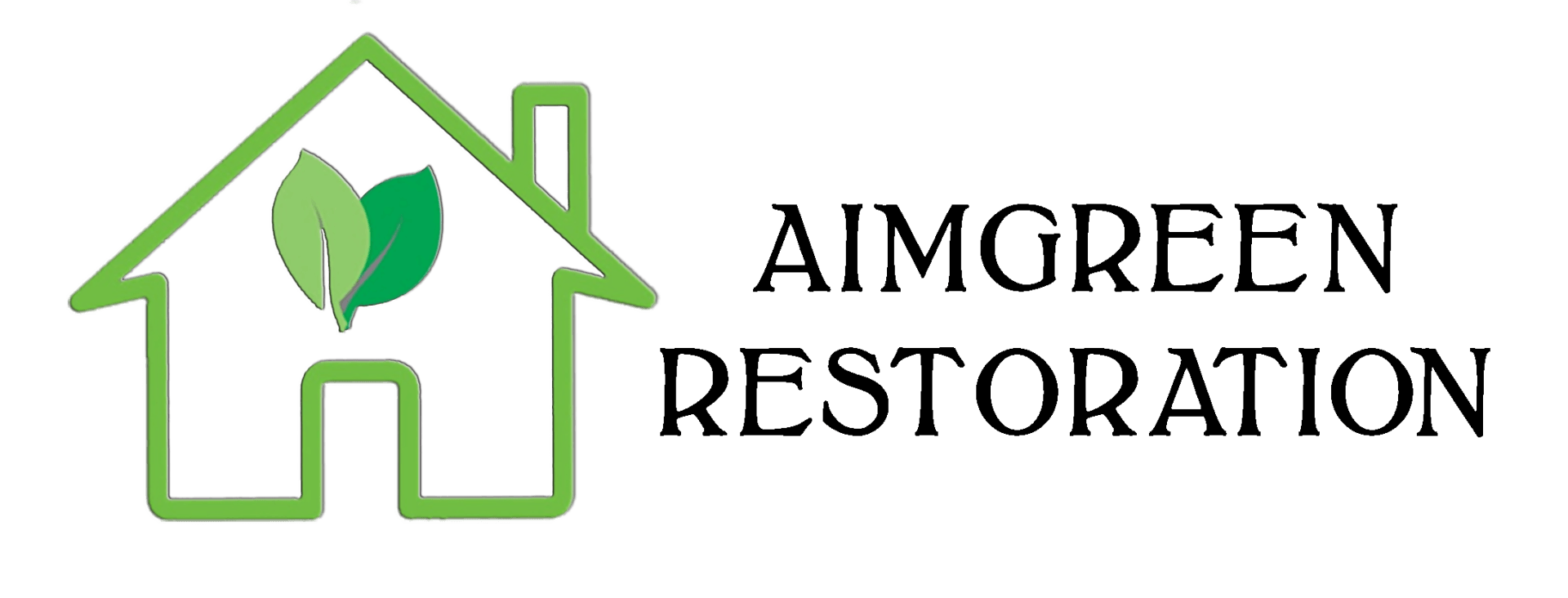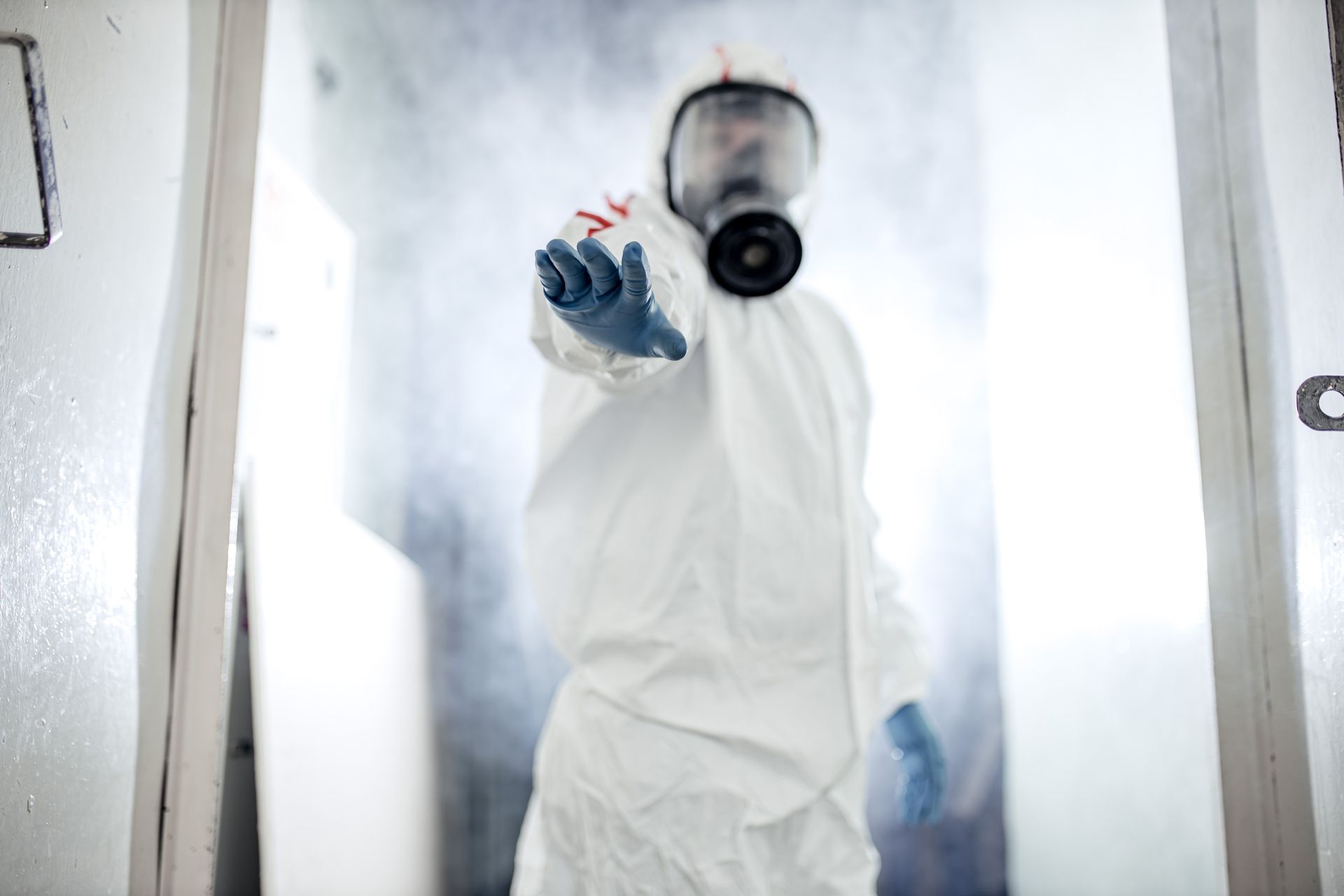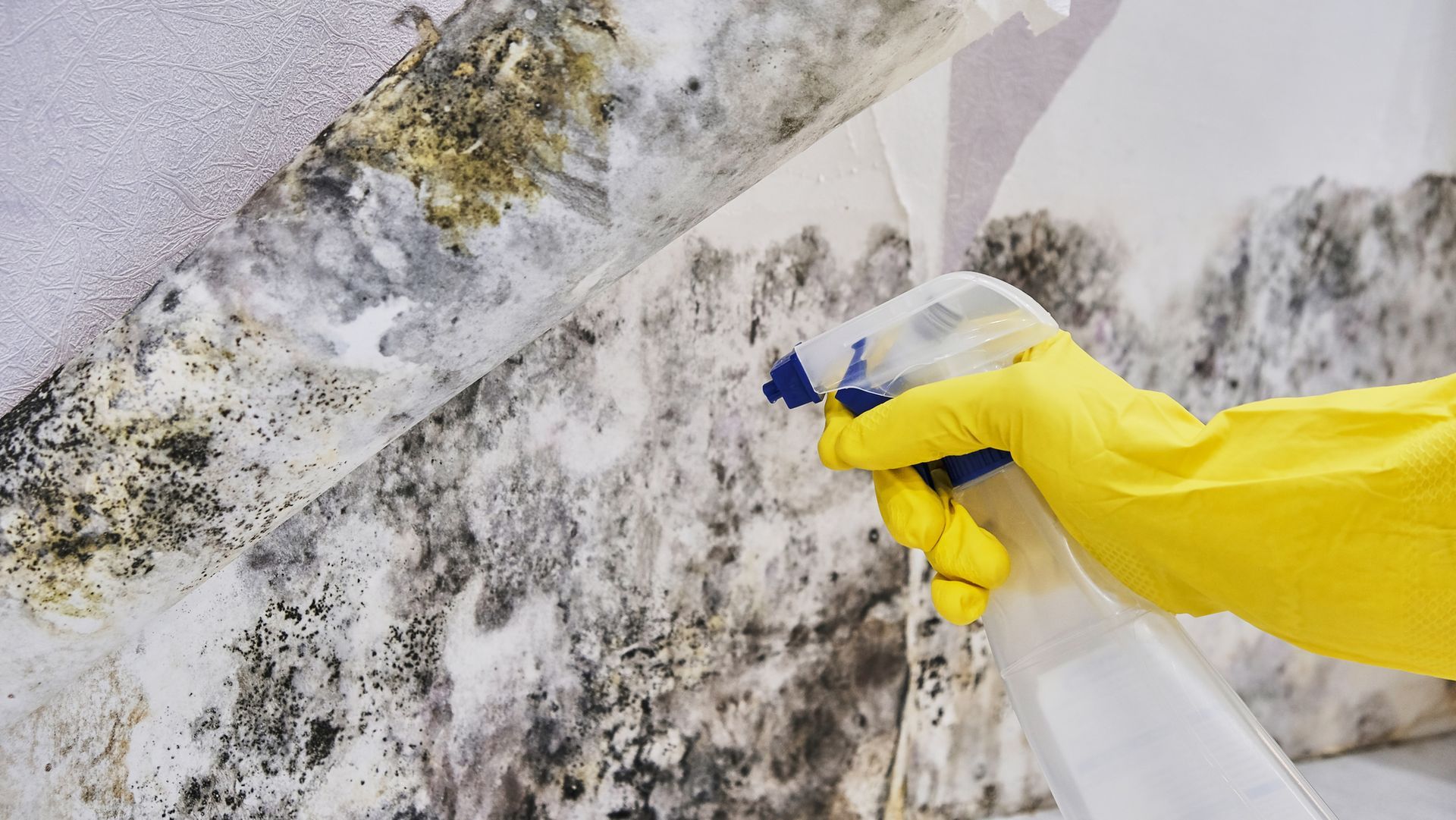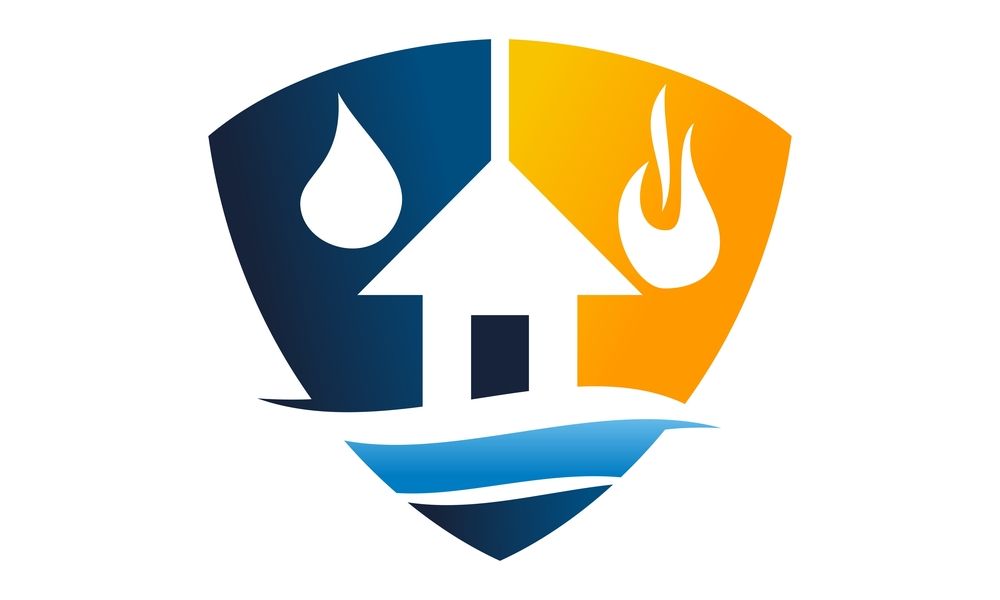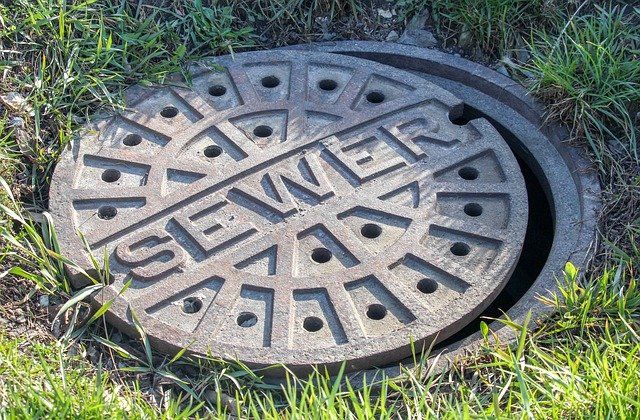WHY IS IT NECESSARY TO HIRE A DISASTER RECOVERY COMPANY?
WHY IS IT NECESSARY TO HIRE A DISASTER RECOVERY COMPANY? -COLUMBUS, OH
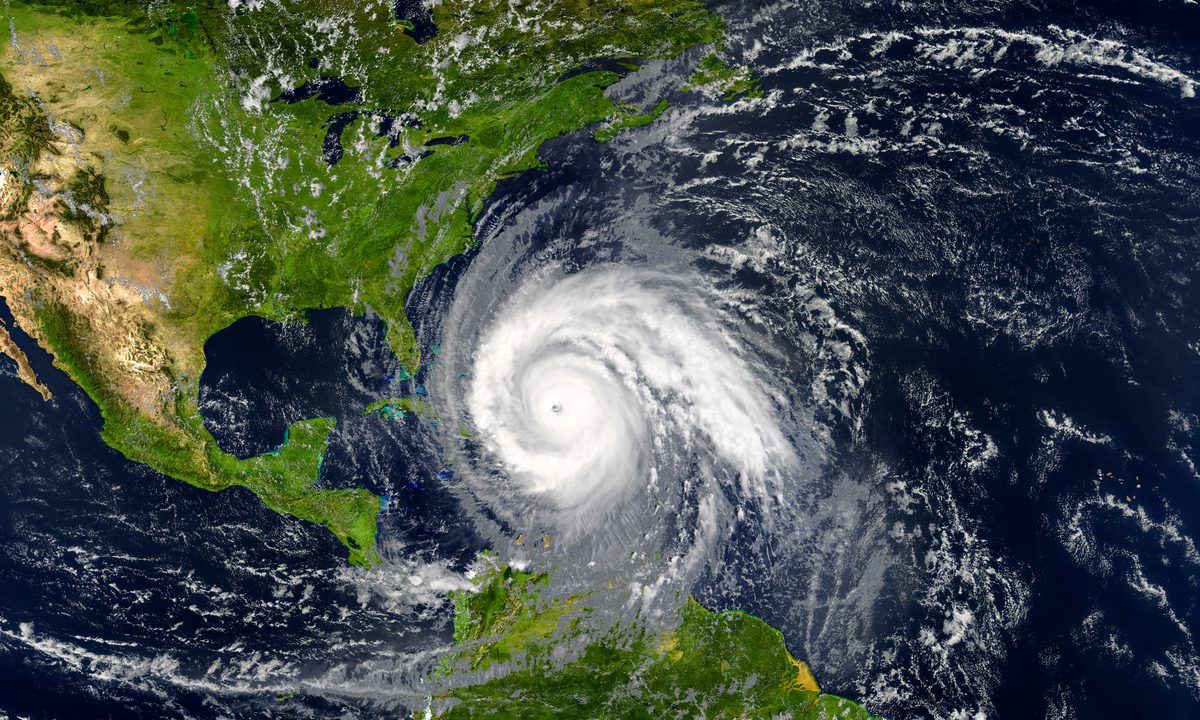
WHEN TO CALL A DISASTER RESTORATION COMPANY
Natural disasters such as floods, fires, and earthquakes frequently occur when we least expect them. If your property has been damaged, you should contact a professional. Dealing with the aftermath of a disaster can be difficult, especially if you are anxious. While it may be tempting to go into damage control mode and handle everything yourself, this could result in even more issues.
However, if a major storm hits, there is a fire or flooding, or you notice any other serious problem in your home, contact a disaster restoration company. Given the seriousness of the situation, you must enlist the help of qualified professionals. The benefits of hiring professional disaster restoration companies are discussed in greater detail below.
ADVANTAGES OF CALLING A PROFESSIONAL DISASTER RESTORATION COMPANY
EXPERIENCE, TRAINING, AND BETTER SKILLS- Working with trained professionals guarantees expert inspection and improved disaster remnant handling. Fires and floods frequently cause extensive damage that is difficult to manage alone. When cleaning, drying, and restoring your property after a flood, for example, there are numerous details to consider.
You should know when to remove baseboards, how to inspect damp insulation, and how to quickly dry every surface to prevent mold growth. Fortunately, the professionals are knowledgeable in a wide range of fields, including mold and bacteria removal and microbial remediation.
REDUCES DAMAGE AND COSTS- Experts in disaster restoration can also assist you in preventing additional damage to your property. Immediate professional remediation is required to prevent further deterioration. For example, you could overlook a soaked hardwood floor, causing significant structural damage later on. Experts, on the other hand, can accurately assess and determine the extent of damage to various components.
Experts also conduct a thorough inspection to determine which materials can be salvaged or restored. This allows them to finish the restoration process at a low cost by lowering replacement costs. Restoration, as opposed to removing and replacing various components, keeps costs under control. If replacement is your only option, restoration professionals will not waste your time trying to do the impossible.
PREVENT INSURANCE PROBLEMS- The vast majority of insurance companies deny claims for property damage that could have been avoided. Most homeowner's insurance policies include a provision requiring homeowners to take the necessary restoration steps after a certain period of time. Your claim may be denied if you do not follow the policies' requirements.
EXTREMELY SPECIAL EQUIPMENT- Whether or not a restoration process is successful is determined by the technology used. If your home was flooded, for example, drying the structure to the core is critical to a successful restoration. This necessitates the use of powerful water extraction vacuums, high-capacity water pumps, powerful blowers, powerful dehumidifiers, and HEPA vacuums, all of which may be in short supply in the local area.
WHO SHOULD YOU CALL FIRST IN THE EVENT OF A DISASTER?
The first few hours after a disaster is crucial. As a result, you should be aware of who to contact in order to ensure a positive outcome to this incident. Your emergency phone numbers, on the other hand, should be as follows:
1. PRIORITIZE YOUR SAFETY.
If your home is unsafe due to a fire or flooding, you should prioritize the safety of yourself and the other occupants. Fires and floods wreak havoc on the structure of your home, putting your family in danger. Flooding, for example, could bring electrical cables into contact with you and other occupants, putting you and others at risk of electric shock.
As a result, turn off your home's electricity and water supply, if possible.
Leave the house and contact the local power company if the breaker box is not in a safe location. Important: If you are unsure whether the power is on, do not enter the house. The vast majority of people, on the other hand, frequently struggle to recover important possessions or documents, putting their lives in danger.
2. CONTACT YOUR INSURANCE COMPANY
Contact your insurance company to file a claim once you are safe. Returning to the disaster area or interfering with the disaster's aftermath may jeopardize the validity of your insurance claim. For example, do not attempt to vacuum up pooling water because you will contaminate vital evidence that your home insurance company will need to process your claim.
Consult with an insurance agent to determine the next steps before assessing the damage or salvaging your belongings. The agent may inquire about the cause of the damage, locate the most damaged areas, and assess the extent to which the disaster exposed your property.
3. MAKE CONTACT WITH YOUR RESTORATION COMPANY
Following the assessment, the insurance agent may suggest a restoration company or ask you to select one of your options. Regardless, your insurance company and the disaster restoration company will work together to return your home to normalcy.
OTHER QUESTIONS
WHAT IS A DISASTER RECOVERY COMPANY?
A disaster restoration company specializes in water damage from roof leaks, burst pipes, and flooding in the home. These companies also offer mold removal services for damaged buildings such as homes or commercial properties. If left untreated, water damage can be a minor annoyance or a major problem for your property. The damage can be extensive depending on the size of the water leak, so it is critical to have the water damage repaired as soon as possible.
WHO PAYS FOR DISASTER RECOVERY?
If a disaster strikes your home, who pays for disaster restoration? If a disaster strikes your home, your insurance company is required to pay for repairs. As long as you have insurance and it is current. The insurance will pay for disaster recovery, property restoration, and making you safe again. To resolve the issue and collect payment for the job, the disaster restoration company will frequently work directly with your insurance company.
WHAT TAKES PLACE DURING A RESTORATION?
Professional disaster restoration services can be beneficial in a variety of circumstances. Some disaster restoration companies only help with disaster cleanup, whereas others also help with housing relocation. The first steps in the disaster recovery process are cleanup of the disaster area and inventorying of property. Then, any disaster damage is repaired or removed. This could include both full restoration and disaster repair, depending on the severity of the disaster.
Following the completion of the disaster restoration, cleaning and deodorization can be performed to remove any odors left by water damage, fire damage, mold growth, and so on. This step may not always be necessary depending on the nature of the disaster. If a disaster has caused extensive damage, a disaster restoration company, for example, will clean out all of your belongings and treat what cannot be saved. Cleaning and deodorizing aren't always included in disaster cleanup, but they could be. It depends on how badly they have been damaged as a result of the disaster.
Ensure that all personal belongings have been removed as part of the disaster recovery process. Disaster restoration companies should not skip this step. Mold damage, for example, can worsen if disaster restoration companies do not remove all sources of water completely. Following water damage, disaster restoration should begin as soon as it is safe to enter the building or home.
A disaster recovery company should also provide you with a disaster recovery plan. This is a critical document that specifies what disaster restoration services will be provided, how long the disaster will take to repair, and what disaster repair product will be used. It may even contain specifics such as emergency response procedures.
The final step in disaster recovery is to ensure that all disaster damage and disaster repair work has been completed.
If a disaster strikes, don't panic; you're not alone. Whether a portion of your property or the entire house has been damaged, you can rely on the services of a professional disaster restoration company.
Call AIM GREEN Restoration if you need a Professional Restoration company.
